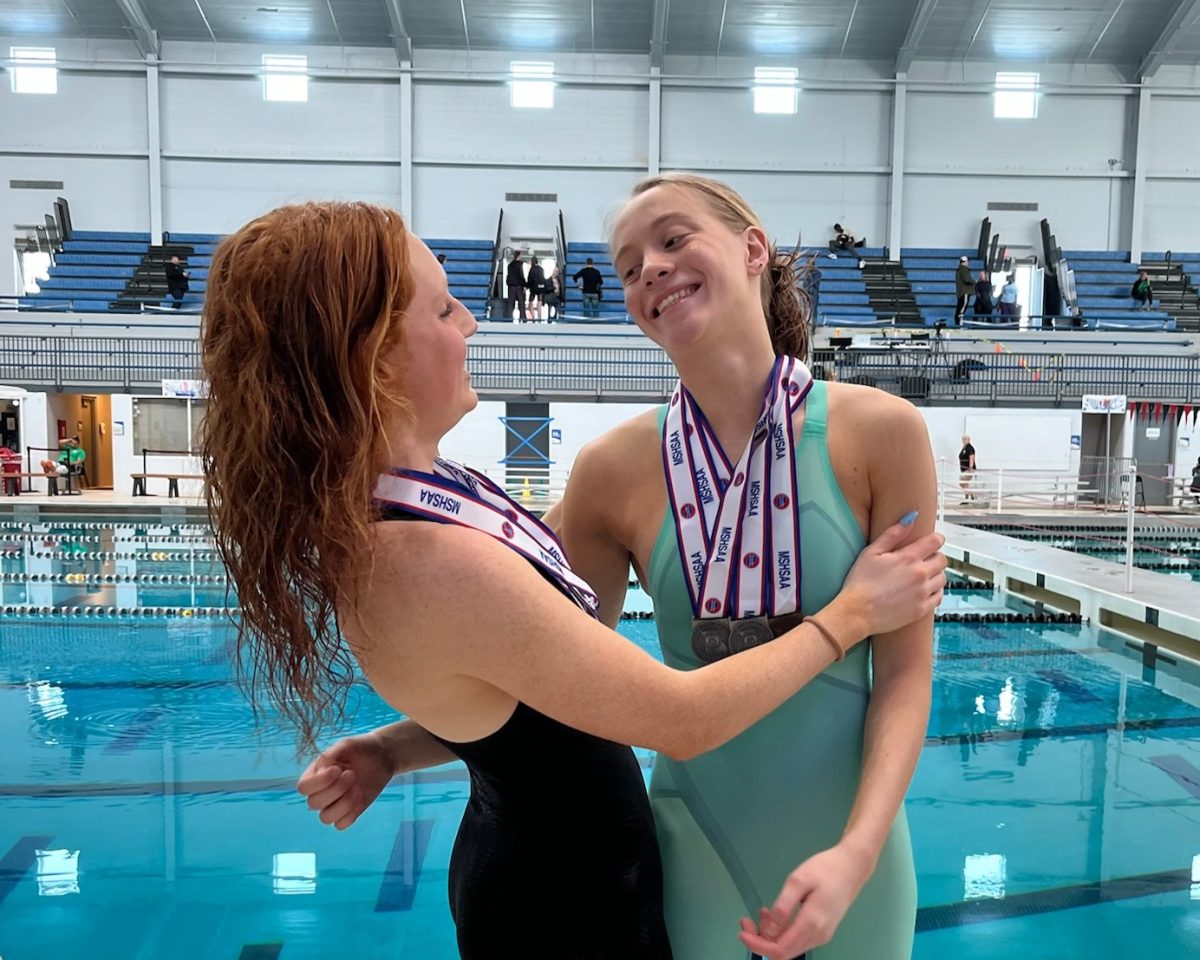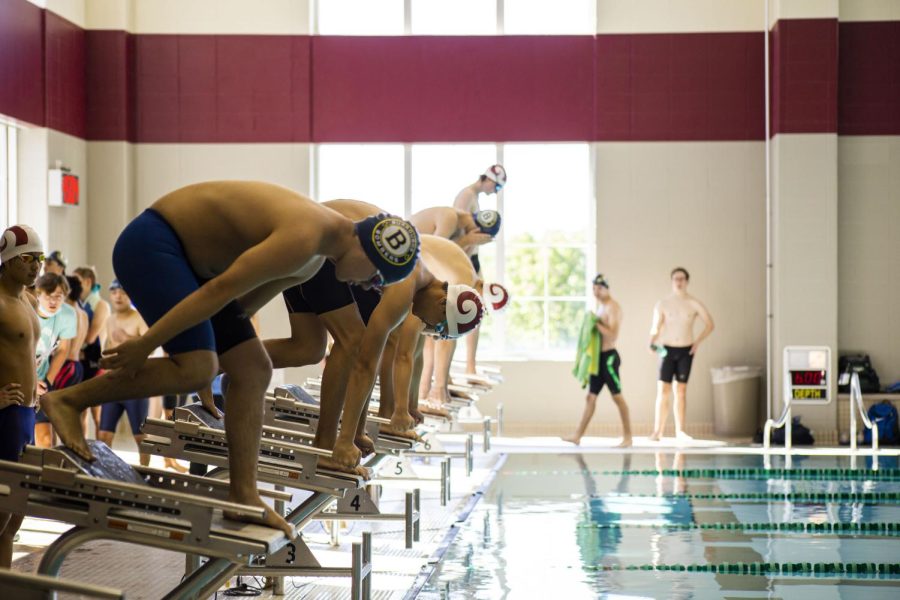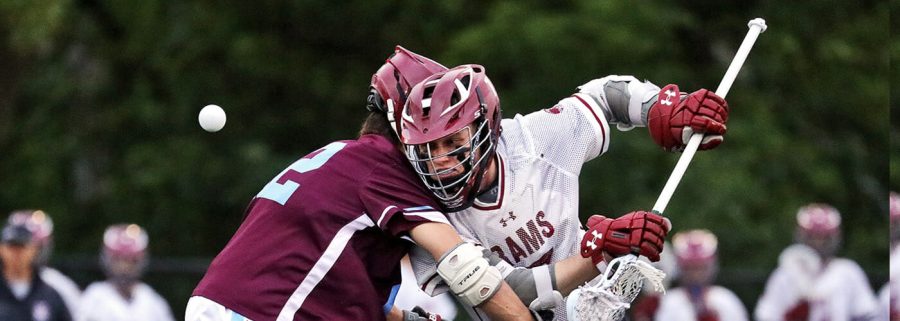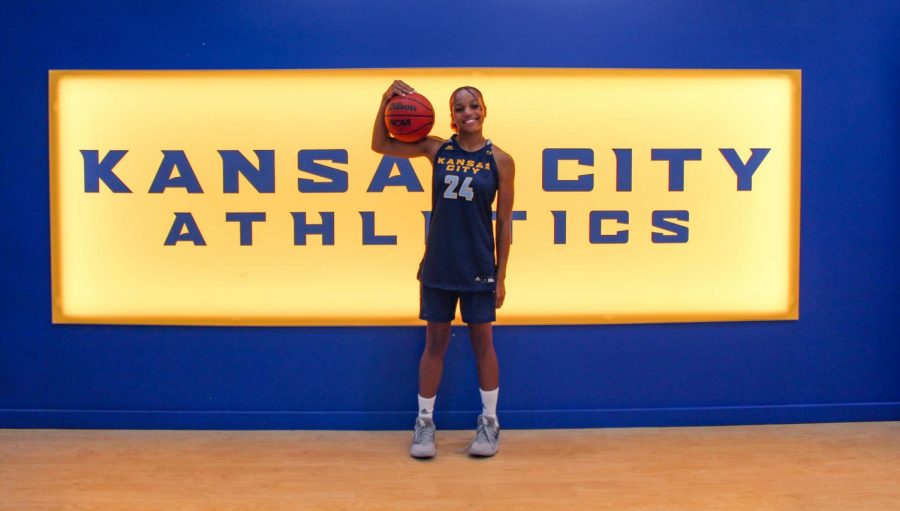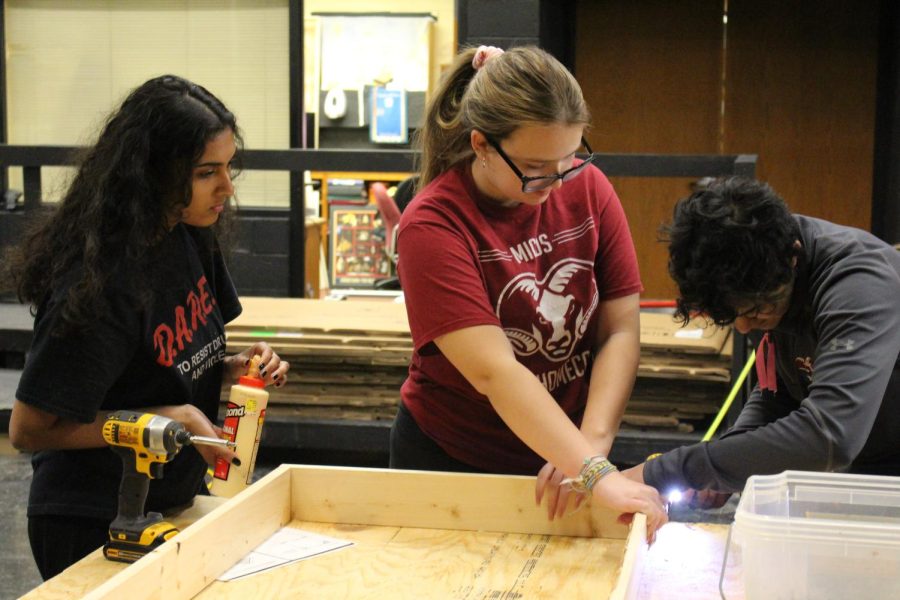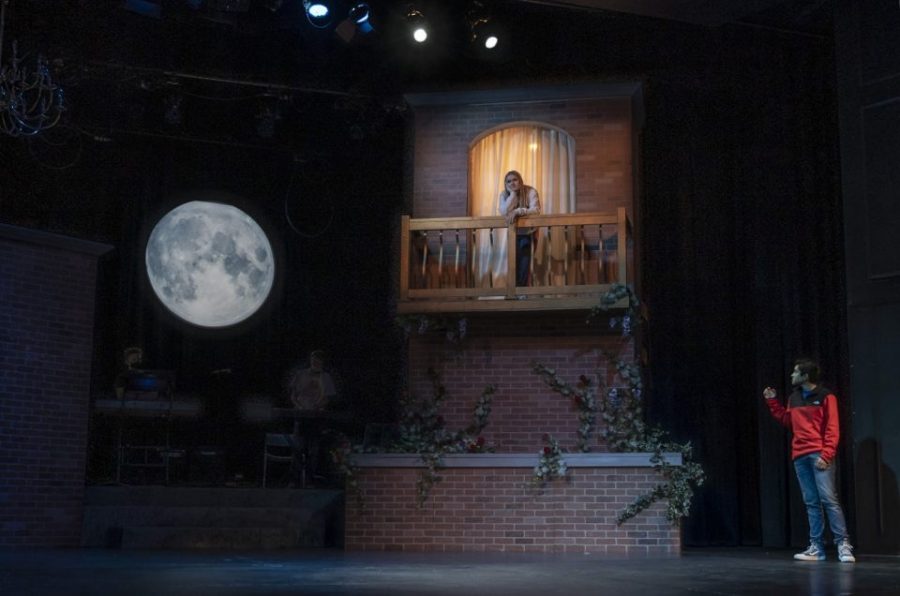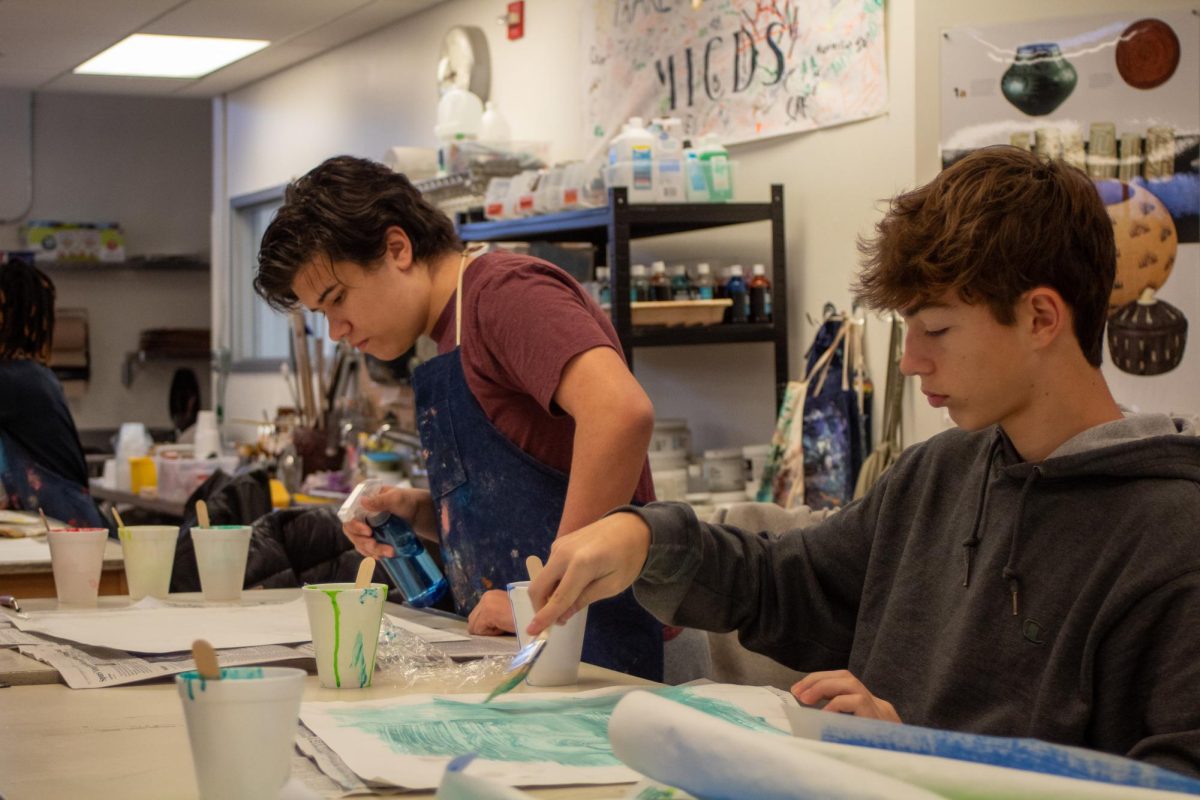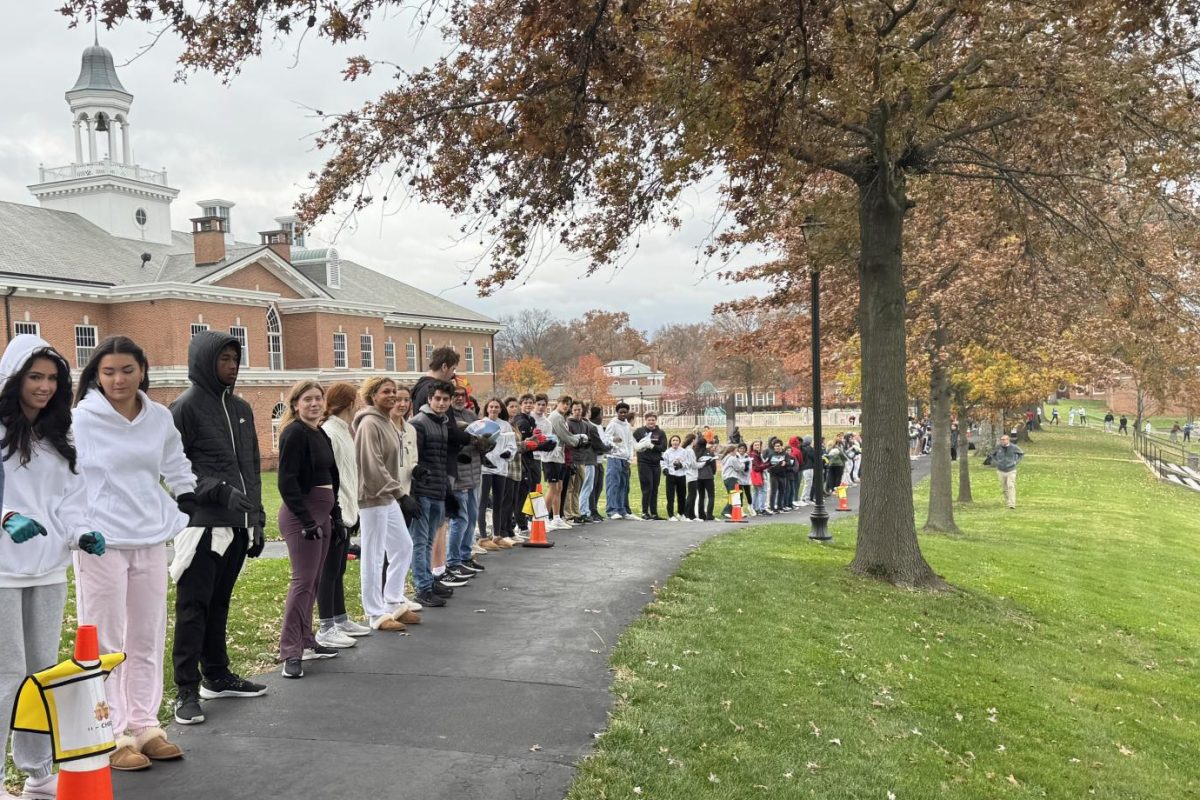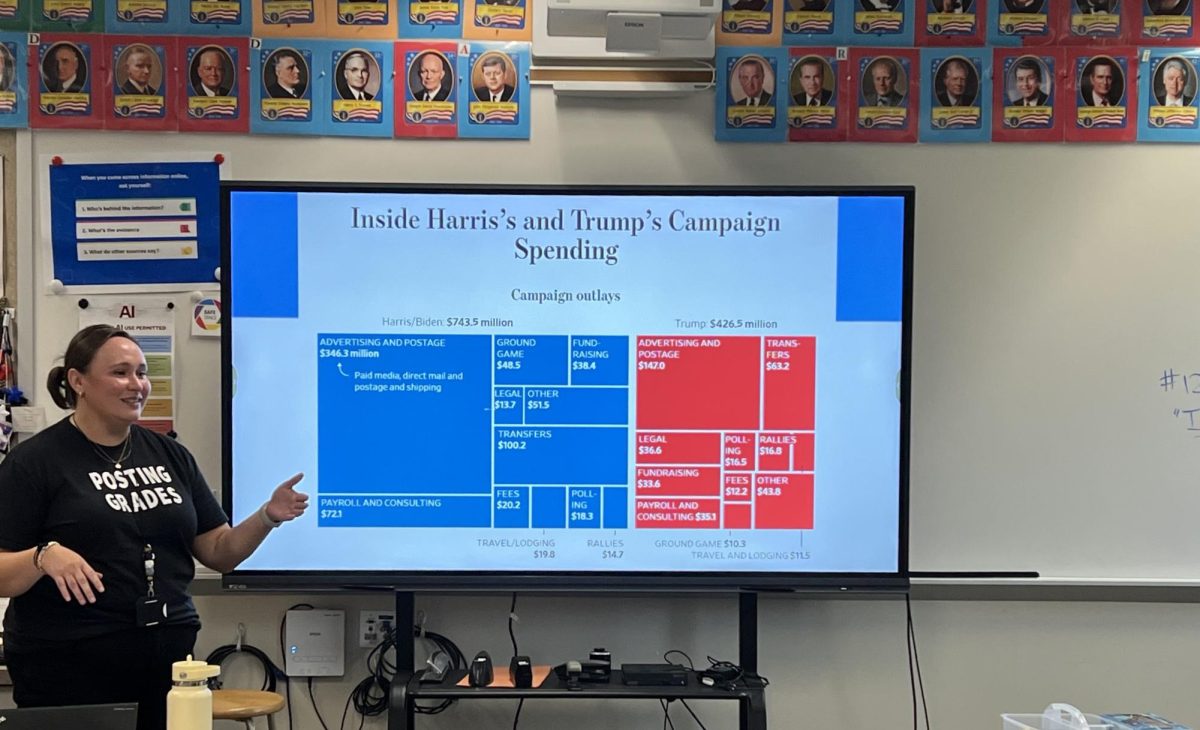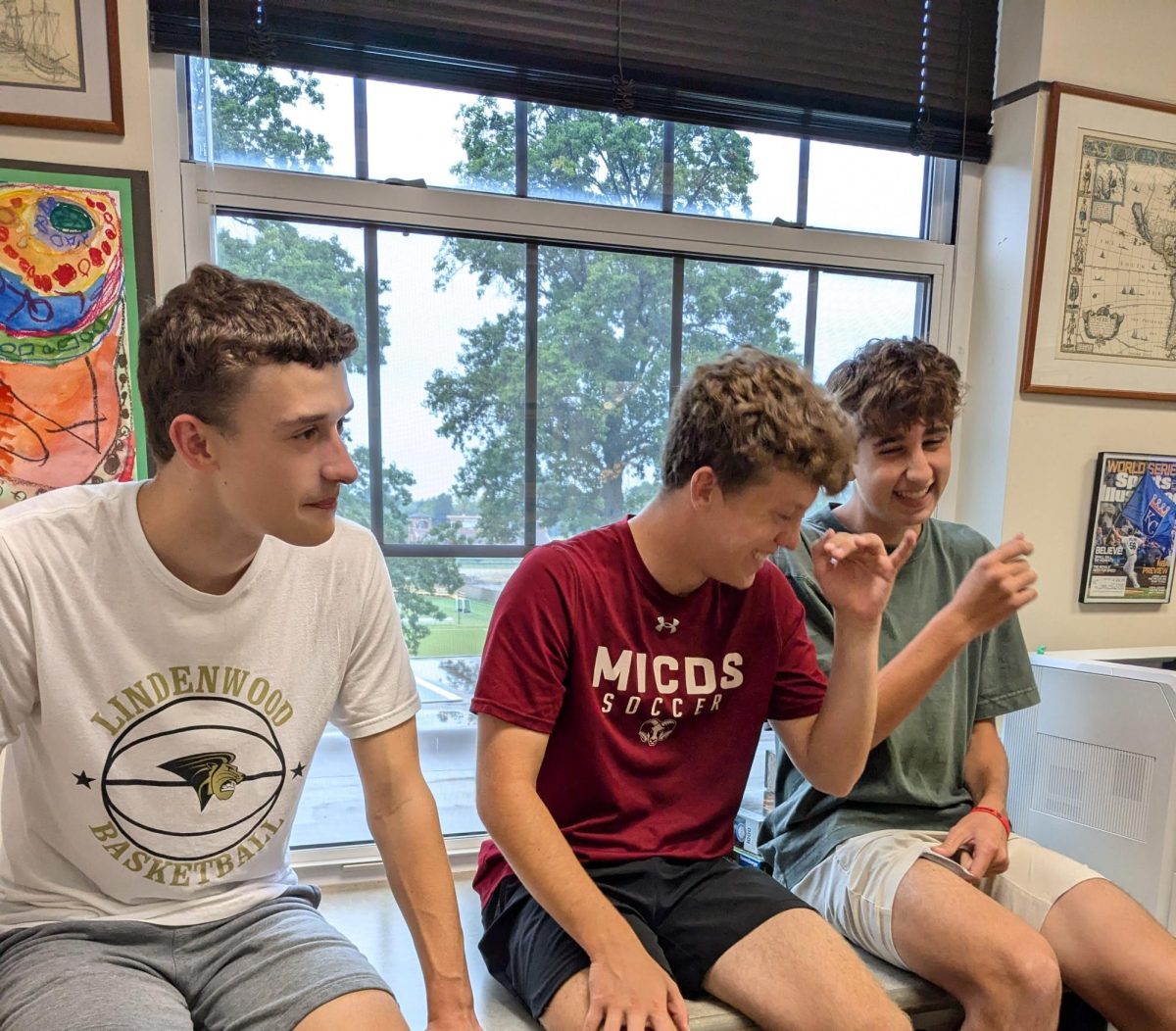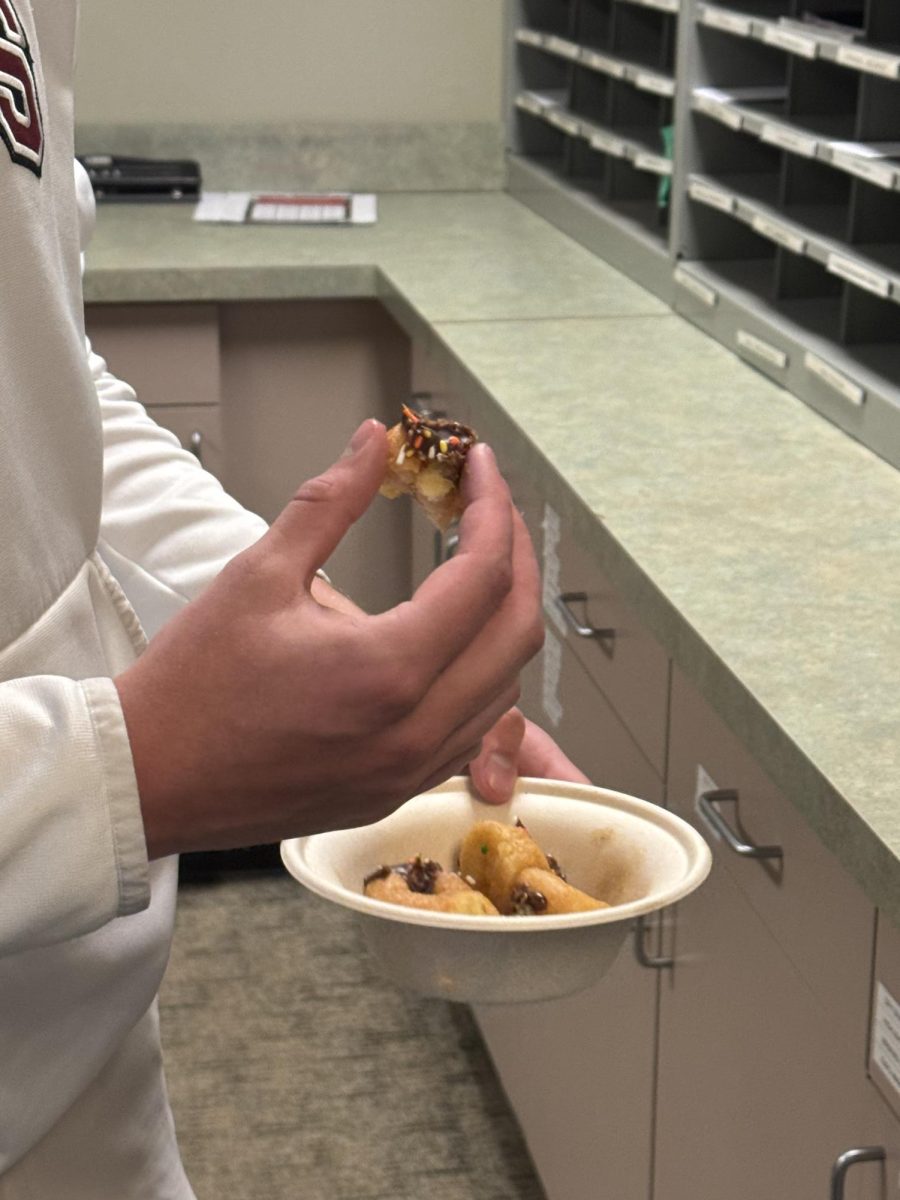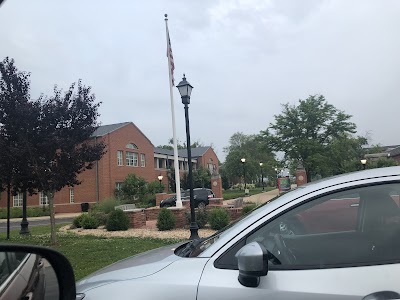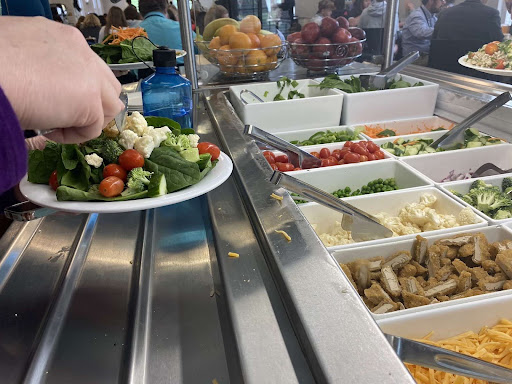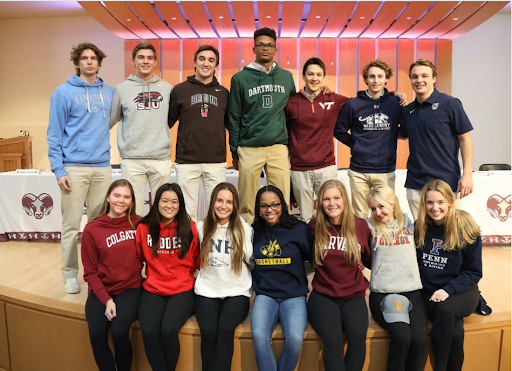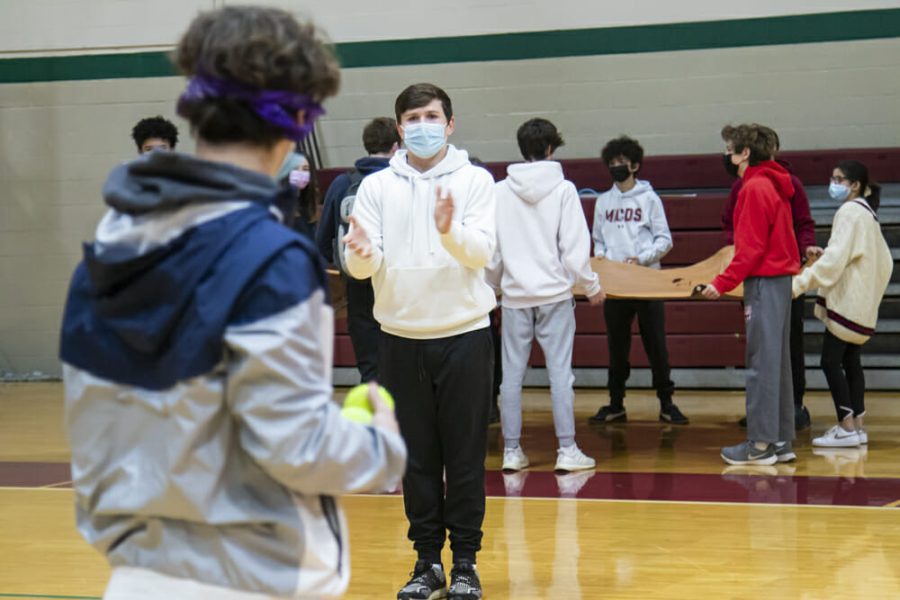Why Advisory is One Of The Most Important Parts Of Your Week
May 2, 2022
Recently, The Voice has interviewed multiple teachers about their advisories and what advisory means to them. We spend an average 14.5% percent of our school week with our advisory and many advisors have different ways to use that time.
Mr. Barker, a freshman advisor, enjoys making up international games which is where he “takes themes of things from around the world (food, dress, language, expressions),” then plays “a game where we try to guess where those things are from, and we throw magnets on the board to each country we guessed” (Mr. Barker). These types of activities are “where you learn to socialize” (Mr. Barker), and get to know your fellow advisees.
Lots of advisors engage students in games to help them get to better know each other. Junior advisor Mr. Sadicario claims “Sometimes we will literally just be hanging out, talking…and we have this green nerf ball…and everyone, having different conversations, will toss the football around. Mr. Little and his freshman advisory “play spikeball in the classroom. We use one of these lab stools…and get in a circle, and play spikeball on the stools.”
Activities like these especially help you get to know your advisory. Your advisory should be a supportive environment where you can be yourself and learn about your group. The relationships that you form help you find your way and help guide decisions about your future. It provides a space where everyone is exposed to different thoughts and ideas. It encourages advisees to see other’s points of view and try new things.
When asked why advisory was important, advisors’ answers were almost the same across the board: It gives students a break from the day. Advisory is meant to give students a break from schoolwork and have some fun. Advisory usually occurs 3-4 times a week; and, having an occasional break from schoolwork to hang out with friends is super important. This helps students feel a little less stressed, which is important for our mental health.
Sometimes instead of advisory, freshmen and sophomores participate in Senior Leader Activities, where a senior or two comes to advisory to play collaborative games. Mr. Coco, one of the main contributors to SLG activities believes that the idea of a senior leader “provides an opportunity for the seniors to interact with the underclassmen” while also giving underclassmen a connection to older students. This is especially important or underclassmen, continues Mr. Coco, “because as younger students, there are things you just don’t know….Having that mentor, that connection with an older student” can make a big difference. Encouraging students to get to know each other across grades really helps build community here in the Upper School.
Given that we spend a significant portion of our week with our advisory, it can offer a welcome break from schoolwork. Advisory and SLG activities give students a break from their academic-focused day and allow students to have some fun, while strengthening relationships with fellow advisees as well as with advisors. For all advisees to get the most out of their advisory experience in their MICDS career, they should be encouraged to share their thoughts, speak up, participate and learn from each other! Most of all, have fun!

